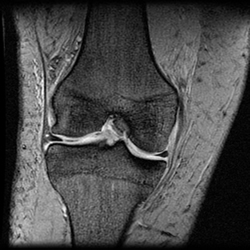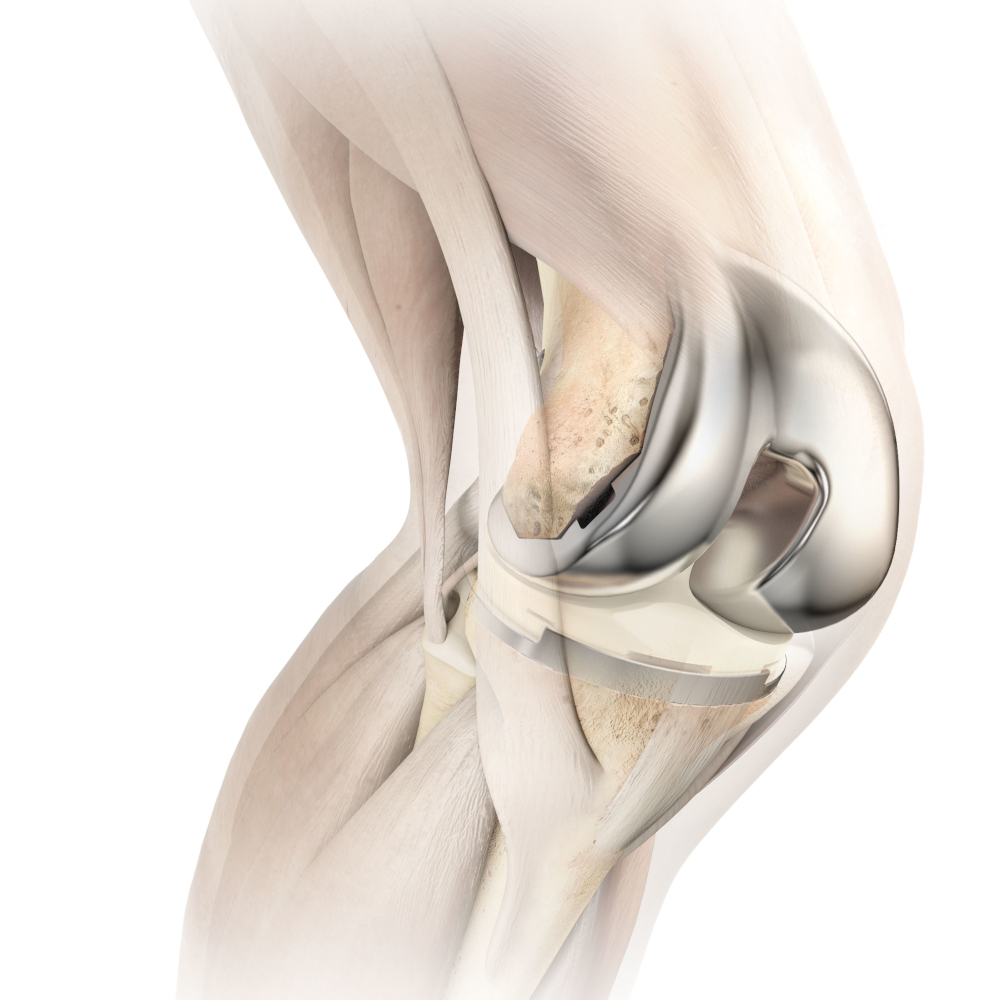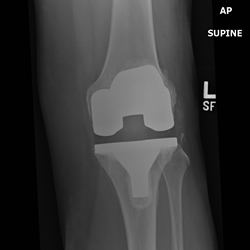What’s New In Knee Surgery?



Alternatives to knee replacement surgery
Those patients who have arthritis, but still have some cartilage left in the knee (not bone on bone), may benefit from other forms of treatment. This may be injection of the joint or keyhole surgery. Injections of the joint can be with either steroid or Hyaluronic acid.
Steroids work well if the knee is swollen and inflamed. They work quickly (1-2 days) and last around 4-5 months. They can be repeated.
Hyaluronic acid (Synvisc) works by re-oiling the knee as it is the body’s natural lubricant. It takes longer to work but lasts for 4 – 5 months. It can be repeated.
Arthroscopy (keyhole surgery) is especially useful if patients have mechanical symptoms from a torn meniscus or loose piece in the knee.
Enhanced recovery following knee replacement
Knee replacement surgery gives excellent pain reduction and improvement in function. It is only considered in those patients who have “bone on bone” arthritis on an x-ray. This represents severe disease. Patients would typically experience severe pain, stiffness and sleep disturbance. Their walking distance is also reduced.
Gone are the days when patients spent two weeks in hospital following surgery. Now some patients go home the same day after knee replacement. Prolonged bed rest puts patients at risk of deep vein thrombosis (blood clots), pressure sores and chest infections. I therefore encourage patients to be up and about (under the supervision of a physiotherapist) as soon as possible after surgery. Patients are amazed how quickly their chronic arthritic pain is relieved and once the discomfort from surgery has resolved, it is often a new lease of life. Knee replacement surgery can be painful but with a combination of pain killers, ice therapy and physio you will soon be back on your feet. Anaesthetists recommend spinal anaesthesia (an injection in the back to numb the legs for surgery) and selected medications to reduce bleeding, infection and blood clots. This enhanced recovery pathway allows for an early discharge from hospital and a quicker return to full activity.
High performance implants
I recommend the Attune (manufactured by DePuy) total knee replacement. It is the latest technology in knee replacement surgery and has several benefits over the older (PFC Sigma) design. It comes in a larger range of sizes to give the best possible fit. Changes to the shape of the implant have improved its stability and improved the way the kneecap moves over the front of the joint. It also comes with bespoke instruments, so it is easier to perform the surgery.
With a combination of enhanced recovery pathways and high-performance implants I strive to get patients back to a full activity as quickly as possible.